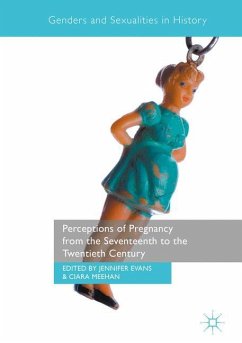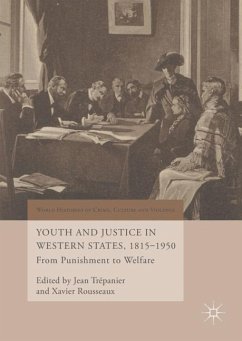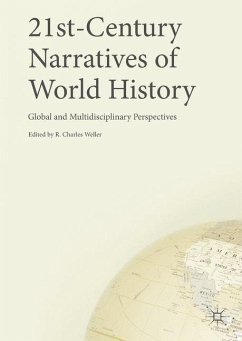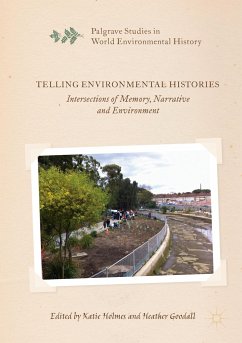
Children's Voices from the Past
New Historical and Interdisciplinary Perspectives
Herausgegeben: Moruzi, Kristine; Musgrove, Nell; Pascoe Leahy, Carla

PAYBACK Punkte
53 °P sammeln!
This book explores a central methodological issue at the heart of studies of the histories of children and childhood. It questions how we understand the perspectives of children in the past, and not just those of the adults who often defined and constrained the parameters of youthful lives. Drawing on a range of different sources, including institutional records, interviews, artwork, diaries, letters, memoirs, and objects, this interdisciplinary volume uncovers the voices of historical children, and discusses the challenges of situating these voices, and interpreting juvenile agency and desire...
This book explores a central methodological issue at the heart of studies of the histories of children and childhood. It questions how we understand the perspectives of children in the past, and not just those of the adults who often defined and constrained the parameters of youthful lives. Drawing on a range of different sources, including institutional records, interviews, artwork, diaries, letters, memoirs, and objects, this interdisciplinary volume uncovers the voices of historical children, and discusses the challenges of situating these voices, and interpreting juvenile agency and desire. Divided into four sections, the book considers children's voices in different types of historical records, examining children's letters and correspondence, as well as multimedia texts such as film, advertising and art, along with oral histories, and institutional archives.














